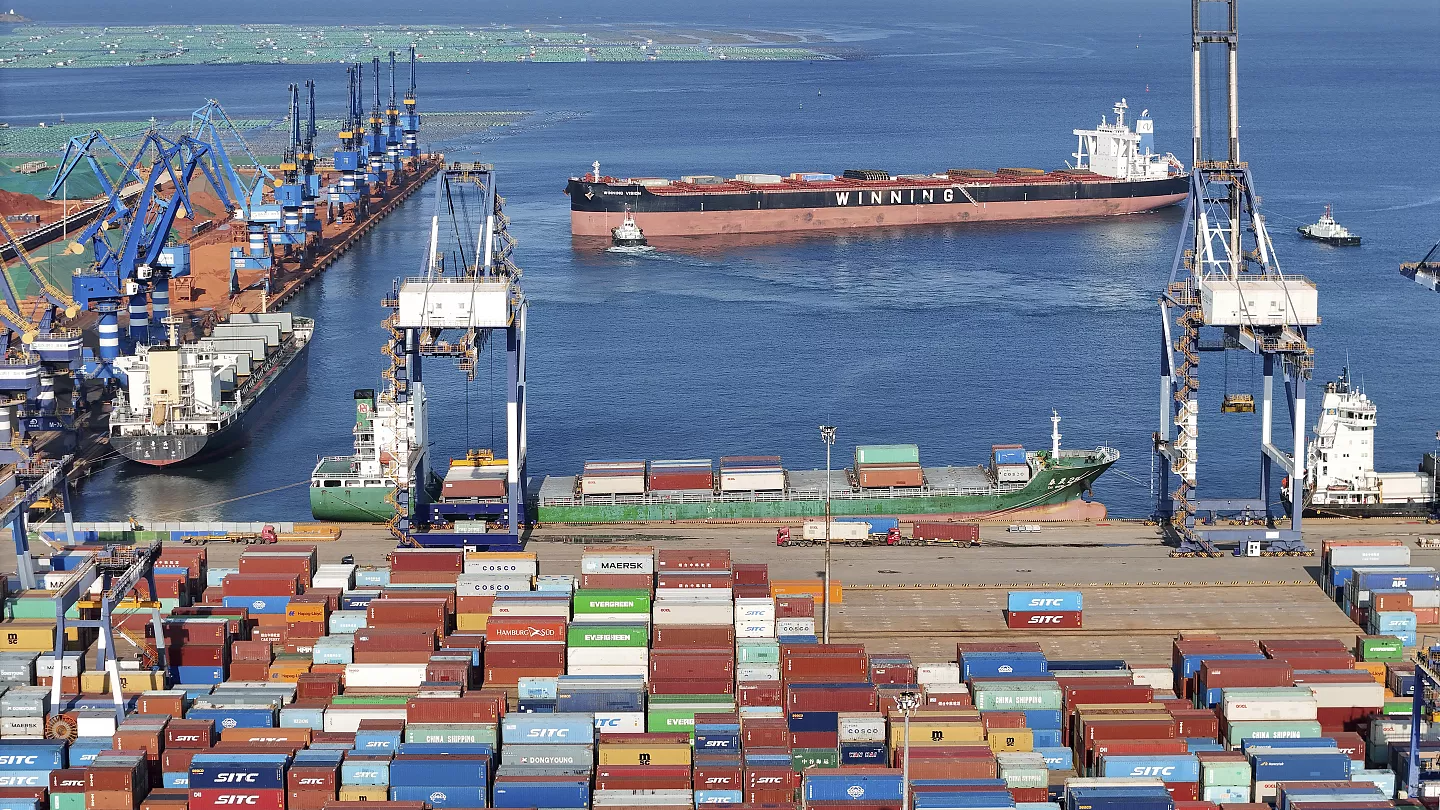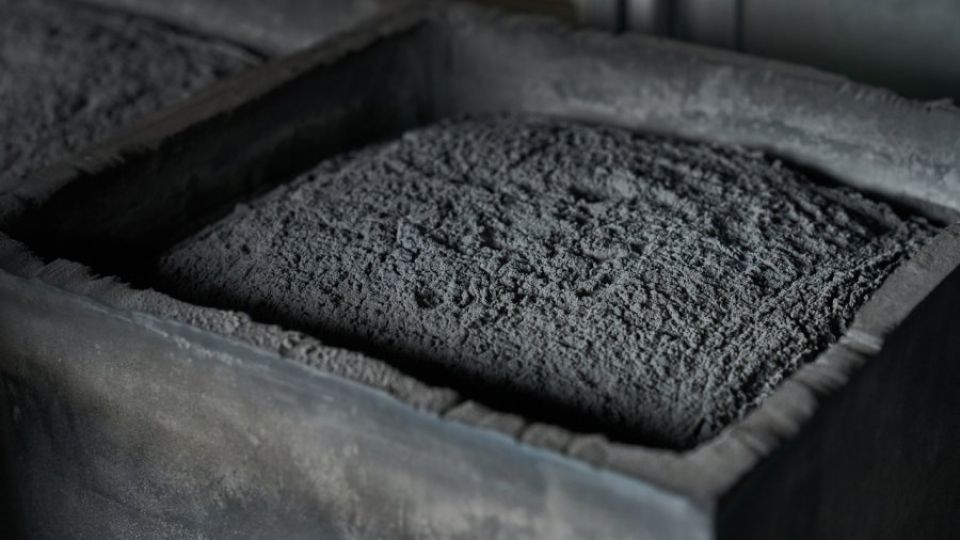China has announced plans to restrict the export of graphite, a vital mineral for manufacturing electric vehicle (EV) batteries, on national security grounds, according to the Ministry of Commerce and the General Administration of Customs on Friday.
This move comes shortly after the United States imposed further restrictions on the types of semiconductors that American companies can sell to Chinese firms.
Stefan Legge, head of tax and trade policy research at the University of St. Gallen in Switzerland, commented, “Currently, both China and Western countries are engaging in a tit-for-tat exchange, illustrating how protectionist measures often propagate.
Newton’s third law, which states that every action has an equal and opposite reaction, is applicable here.” He added, “At the same time, both sides of the dispute are realizing the cost when geopolitics overshadows economics.”
China, the global leader in graphite production and processing, will require export permits starting in December for synthetic graphite materials—such as high-purity, high-strength, and high-density versions—as well as for natural flake graphite.
The Institute for Energy Research, based in Washington, DC, notes that automakers are seeking alternative sources of graphite as demand for EV batteries surpasses other uses for the mineral.
The International Energy Agency reports that global EV sales, including both fully electric and hybrid vehicles, surged past 10 million units last year—a 55% increase from 2021—and are projected to approach 14 million vehicles this year.

According to the US Geological Survey, the global market for graphite used in batteries has expanded by 250% since 2018. Last year, China led the world in graphite production, accounting for about 65% of global output.
In addition to EVs, graphite is widely used in the semiconductor, aerospace, chemical, and steel industries.
The export restrictions come as China faces scrutiny from multiple governments over its trade and commercial practices. For over a year, China has been engaged in a technology conflict with the United States and its allies in Europe and Asia regarding access to advanced chips and chipmaking equipment.
In July, Beijing implemented export restrictions on gallium and germanium, minerals critical for semiconductor production. By August, its exports of these materials had ceased entirely.
Ivan Lam, a senior analyst at Counterpoint Research, noted that while China had previously imposed temporary export controls on graphite with minimal industry impact, the new regulations are not a “complete ban.”
Nevertheless, he anticipates an increase in graphite prices. “We believe that the average price of graphite will continue to rise due to supply and demand imbalances, including the impact of the Russia-Ukraine war, which has affected global graphite supplies,” Lam said.
China holds a dominant position in the global supply chain for critical minerals necessary for EV batteries, refining 60% of the world’s lithium and 80% of the cobalt, according to the US Department of Energy.







Leave a Reply